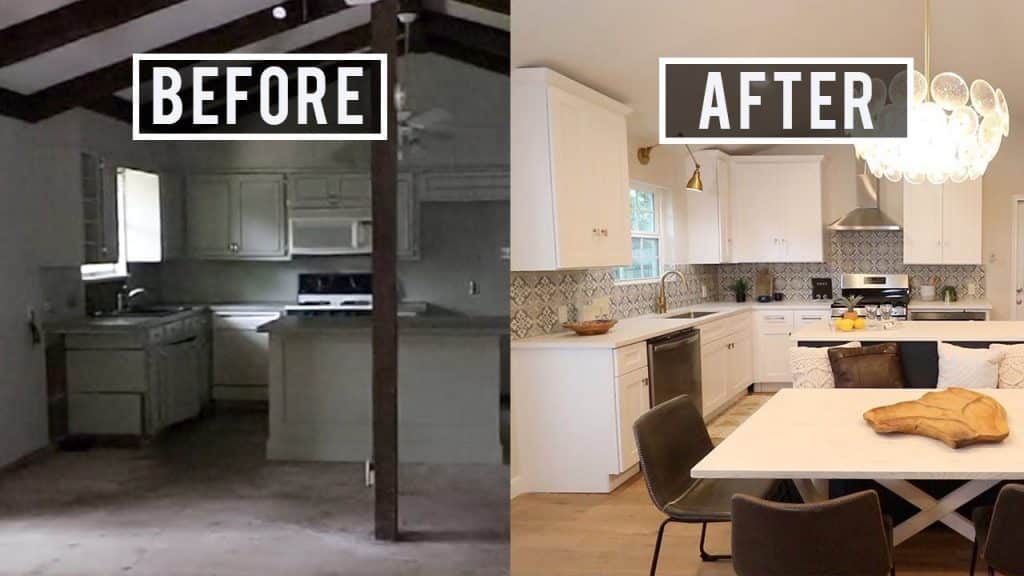

Instead of working for someone else, imagine making more money developing property and building a portfolio of properties all for your own profit (not to mention getting set for retirement).
Property development, also known as real estate development, is when an entrepreneur builds new houses or renovates existing properties and sells them for a profit.

Source: Austin Flipsters
The best thing about it? It’s all on you.
That can be taken in a good or bad way, depending on the kind of work you are looking for.
But for those who want to be their own boss and are highly motivated, shifting your career to a property developer might be the perfect option.
A property developer’s responsibilities cover a wide range of areas, depending on the nature of the project and the area. For the most part, property developers will:
Although a property development career will include more activities than the above list, it gives you an idea of what would be in store if you chose this career.
take the time to research the real estate industry, know the market, and build connections with the right people, you can build a successful career.
There are six steps to jumpstart your property development career.
You should decide what your end goal is with each property.
Ask yourself: Do you plan on reselling property for a profit or leasing it out?
Are you renovating a property, or are you building a house from scratch?
If you are renovating, are you looking to transform a run-down property or an empty building?
Focus on one of these goals to start (more than one focus, and you’ll spread yourself too thin).
Luckily, you don’t need any formal qualifications to be a property developer. But researching for the job is essential to getting into a successful career as a property developer.
If you want to, you can sign up for an online course and there a few schools that offer property development degrees.
But before you decide, just remember all of the information Google stores and the amount of experience you could get through the right connections.
Before you buy any property, you’ll need planning permission or a “change of use” certificate. You can also buy a property that already has planning permission.
You’ll be working with commercial banks, investors, fund managers, or a range of lenders to obtain financing.
Speaking of financing, you’ll need to make a budget and stick to it.
Nothing is worse than drowning in debt or being way over your head in a property you can’t afford.
So as you research, prepare a realistic budget, calculating all costs and revenue.
After some trial and error, you might find that it isn’t as realistic as you thought. Adjust as needed and stick to it.
of the market, it is easier to approach buyers’ agents and real estate agents, and it is easier to find out more information on the property.
You can also try off-market strategies (depending on your goal) and obtain a property through architects or flippers in your area.
Finding value goes hand-in-hand with knowing the market— you need to know what the local market is looking for before you begin flipping houses. The best way to do this is by contacting local estate agents.
Keeping the market’s needs in mind will help you determine value. Value might mean turning unused loft spaces into a bath or a bedroom or splitting a building into flats.
A real estate developer usually credits themselves as a self-disciplined entrepreneur with a vast network.
As you pursue your property development career, pursue relationships and enjoy the work but be careful not to get too personal. Just don’t get too caught up in your likes and dislikes; don’t cater to your own taste.
Make connections, but don’t assume friends.
Like Hazel Davis said, “You’re renovating for profit, not love.”
Company Address
Pearl Lemon Properties
34-35 Strand, Charing Cross, London WC2N 5HY
Contact Detail
UK: +442071833436
US: +16502784421
© All Rights Reserved | Company Number: 10411490 | VAT Number: 252 7124 23